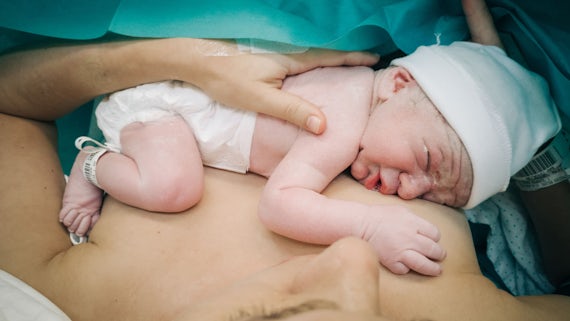Rachel Errington

My academic career began on the crest of a wave. I was lucky enough to be studying at Oxford in the early 1990s, where real excitement surrounded the emergence of confocal laser scanning microscopy.
I was among a group of young researchers using the instruments to study cells and sub-compartments in three dimensions and over time. Our collective delight and journey of discovery was not too dissimilar to that of the great Robert Hooke and his contemporaries 325 years earlier. The experience was life-changing, shaping my research and my thoughts on the mutual respect required between academia and industry.
"...by the help of Microscopes, there is nothing so small, as to escape our inquiry; hence there is a new visible World discovered to the understanding."
As a cancer biologist, my work has progressed from studying cells to developing technology, allowing me to collaborate with mathematicians and engineers to build models that help us understand cell structures and tumour cell responses under stress.
The technologies enable time-series single cell tracking and the image-based study of cell characteristics by their genetic makeup and surrounding environment. The vision is to use data analysis to identify coordinated cellular behaviour, helping us understand the emergence, evolution and consequences of drug resistance in a heterogeneous population.

"All good innovators embrace challenges, finding a way to get good ideas and technologies into the hands of others. This has always been my goal."
During my time at Cardiff University I have been active in developing a family of novel, far-red fluorescent dyes that bind to the DNA of cells. In simple terms, these dyes label the nuclear compartment of a cell. The work has brought together a range of experts in medicinal chemistry, biophotonics and flow and image cytometry.
The resulting DRAQ™ probes are now utilised in a wide range of laboratory tests, transforming practice in clinical, commercial and research sectors through the spinout company Biostatus Ltd. I joined the board of Biostatus Ltd in 2005 to oversee the probe R&D programme. Since then, we have progressed new drug and probe delivery technology, as well as a new anticancer drug based on accumulated company expertise in molecular probe chemistry.
It is great to be working on science and technology that has a real impact on society, though its full potential is yet to be realised. When it is, it will have the power to change lives.
Our research creates benefits across health, society and the economy.
